At Tutela Prep, we specialize in helping ambitious learners achieve top ACT scores that open doors to the world’s best universities. With personalized one-on-one teaching, data-driven assessments, and advanced digital tools, our program equips students with everything needed to succeed in the updated ACT exam.
Whether the goal is admission to the Ivy League, top U.S. universities, or global institutions, Tutela’s 91% success rate in Standardized Test Prep proves that our mentorship model is effective.
Specialized in one-on-one personalized sessions led by expert ACT tutors with years of proven success.
91% of Tutela students achieved a 31+ score on the ACT Exam and 1400+ in the SAT Exam.
Our program is structured to prepare students for both their first and second official ACT attempts , ensuring maximum growth and improvement.
Exclusive access to 50,000+ practice questions across courses based on the updated ACT Exam structure and format.
Students and Parents receive real-time updates through Tutela Connect and dedicated groups with Academic Heads to ensure the right resolution to queries.
Tutela’s ACT program is designed to build better content understanding, sharpen test-taking strategies, and strengthen exam stamina. The ACT Prep is completely personalized and aligned with the latest ACT.org updates, including the new composite scoring and streamlined test format, ensuring students are prepared with confidence.
| Feature | Tutela | Other ACT Programs |
|---|---|---|
| Class Size | Individual Private Classes with focused attention | 15–30 students, diluted attention |
| Faculty | Experts with 90%+ success in improving scores | Freelancers/college students |
| Approach | Customized learning plans for strengths & gaps | One-size-fits-all syllabus |
| Course Flexibility | Fully adaptable to pace & needs | Rigid lesson plans |
| Results | Global toppers, 34+ scorers | Average national-level results |
| Technology | AI-powered diagnostics, progress maps, analytics | Basic score reports |
| Parent Involvement | Transparent reports and strategy calls | Minimal or no updates |
| Global Reach | Students from 20+ countries | Limited local presence |




Rohit Datta
ACT: 36 / 36

Kriti Bhabu
ACT: 36 / 36

Diya Roongta
ACT: 36 / 36

Rahil Patel
ACT: 36 / 36
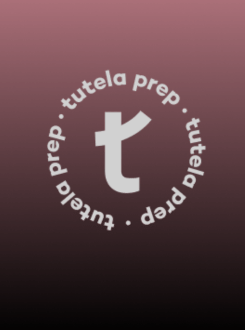
Kian Nagpal
ACT: 36 / 36

Akaash R. Parthasarathy
ACT: 36 / 36
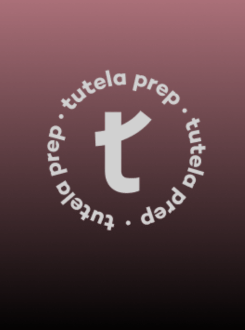
Aditya Arora
ACT: 36 / 36
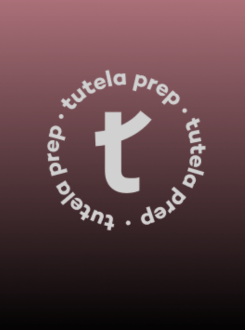
Manya Roongta
ACT: 36 / 36

Agastya Sinha
ACT: 36 / 36

Akrit Agarwal
ACT: 36 / 36

Saksham Aggarwal
ACT: 36 / 36

Aryan Satiya
ACT: 36 / 36

Manav Jairam
ACT: 36 / 36

Mahika Shetty
ACT: 35 / 36

Shorya Bhasin
ACT: 35 / 36
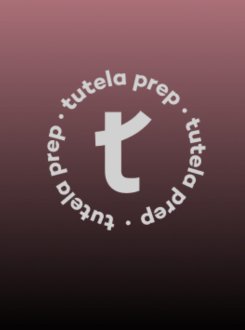
Aditya Sennik
ACT: 35 / 36
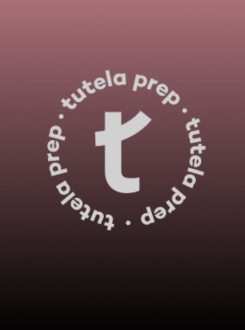
Aarav Singh
ACT: 35 / 36

Tarini Malhotra
ACT: 35 / 36
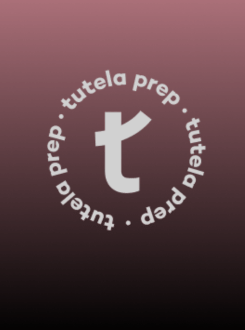
Medha Ravi
ACT: 35 / 36
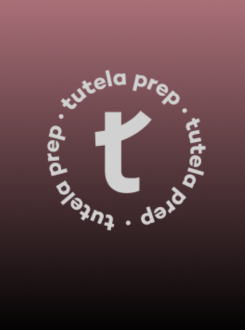
Inaya Gulati
ACT: 35 / 36
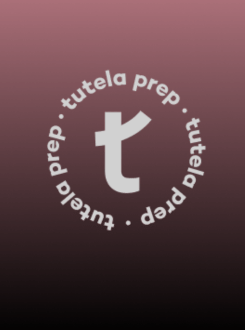
Aditya Mahajan
ACT: 35 / 36

Aruj Bansal
ACT: 35 / 36
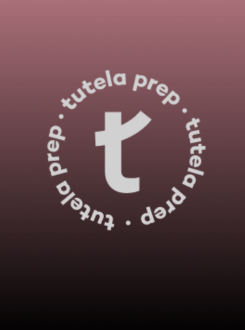
Ananya Asthana
ACT: 35 / 36

Anushka Bindra
ACT: 35 / 36

Aria Narasimhan
ACT: 35 / 36
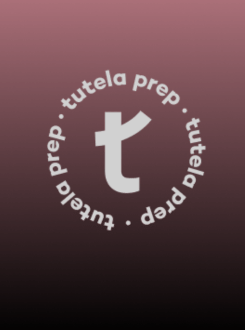
Sarthak Bal Mitra
ACT: 35 / 36
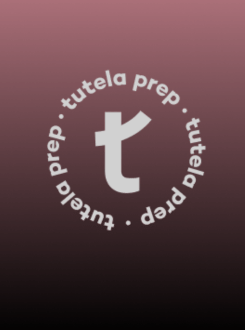
Mahi
ACT: 35 / 36
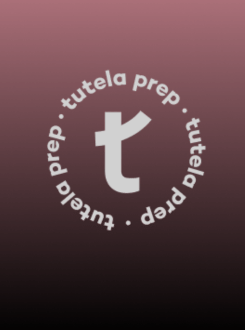
Aaryaman Sen
ACT: 35 / 36

Aarav Kumar
ACT: 35 / 36

Tanya Sinha
ACT: 35 / 36

Ananya Dhanuka
ACT: 35 / 36

Joya Kapoor
ACT: 35 / 36

Karan Makkar
ACT: 35 / 36

Vedika Mandapati
ACT: 35 / 36
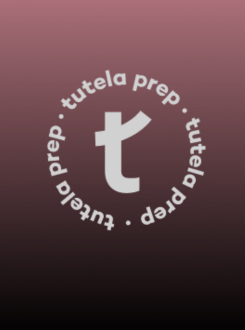
Anchita Arora
ACT: 35 / 36
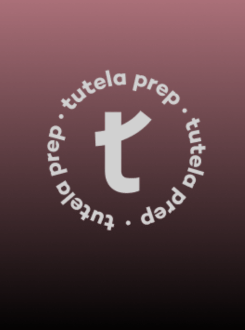
Aryav Bansal
ACT: 35 / 36

Prithvi Oak
ACT: 35 / 36

Mahima Rao
ACT: 35 / 36

Aveesha Gandhi
ACT: 35 / 36

Baltej Miglani
ACT: 35 / 36
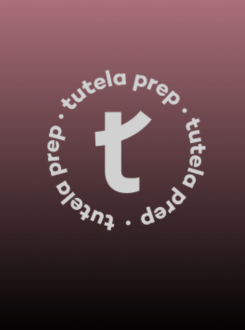
Zara Abbasi
ACT: 35 / 36

Ishir Talapatra
ACT: 35 / 36

Ishani Patil
ACT: 35 / 36

Ananya Balakrishnan
ACT: 35 / 36

Aarav Gambhir
ACT: 35 / 36

Siddhant Duggal
ACT: 35 / 36
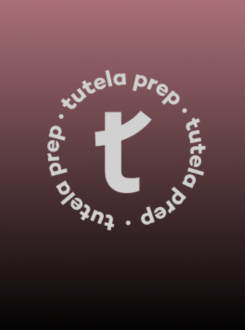
Aadith Parthasarathy
ACT: 35 / 36
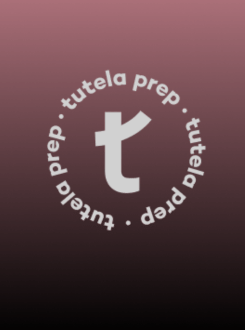
Vedant Venkatesh
ACT: 35 / 36

Taarush Grover
ACT: 35 / 36
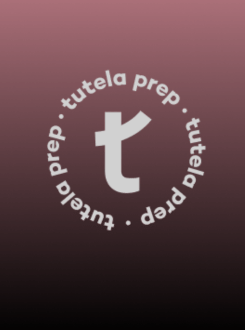
Advik Lahiri
ACT: 35 / 36

Arjun Iyer
ACT: 35 / 36

Shaurya Sinha
ACT: 35 / 36

Karan Kashyap
ACT: 35 / 36

Nishtaa Modi
ACT: 35 / 36

Aditya Vikrant
ACT: 35 / 36

Rohit Yadavalli
ACT: 35 / 36
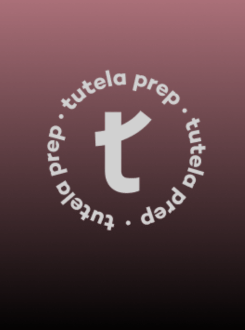
Parth Bansal
ACT: 35 / 36

Saanya Malhotra
ACT: 35 / 36

Aarav Wadhwani
ACT: 34 / 36
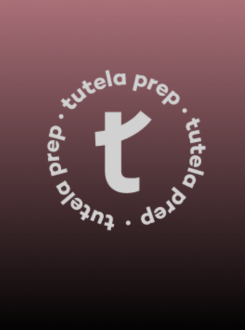
Nandan Patil
ACT: 34 / 36

Ananya Gupta
ACT: 34 / 36

Ambika Saklani
ACT: 34 / 36

Sumair Khattar
ACT: 34 / 36

Ahaan Bhansali
ACT: 34 / 36

Samarth Pal
ACT: 34 / 36

Ruhani Rathee
ACT: 34 / 36

Ahana Sur
ACT: 34 / 36

Amartya Malhotra
ACT: 34 / 36

Riya Sama
ACT: 34 / 36

Devika Goyal
ACT: 34 / 36
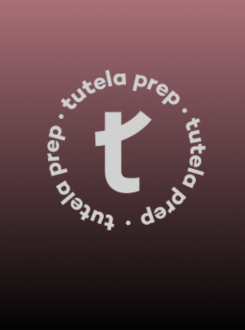
Nilay Solanki
ACT: 34 / 36

Ahaan Aggarwal
ACT: 34 / 36

Pavit Singh
ACT: 34 / 36
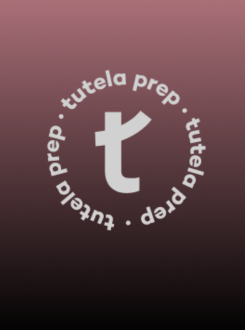
Arnav Arora
ACT: 34 / 36

Jai Sharma
ACT: 34 / 36
ACT Diagnostic Test is an essential tool for students preparing for the ACT exam. It accurately assesses their level of preparedness and identifies their strengths and weaknesses in the areas covered by the exam, helping them achieve their best possible score.
This online Diagnostic Test helps you understand which standardized test is the best for you.
| Subject | Test Date | Registration Deadline | Deadline for Changes, Regular Cancellation, and Late Registration** |
|---|---|---|---|
| ACT Test 2026 | Apr 10, 2026 | Mar 13, 2026 | Mar 27, 2026 |
| ACT Test 2026 | Jun 12, 2026 | May 15, 2026 | May 29, 2026 |
| ACT Test 2026 | Jul 10, 2026 | Jun 12, 2026 | Jun 26, 2026 |
Unlike large group classes, Tutela focuses on hyper-personalized live sessions and continuous mentor feedback. Parents stay actively involved through Tutela Connect dashboards and WhatsApp updates.
Yes. Tutela’s curriculum is fully aligned with ACT.org’s enhancements—shorter test length, new composite scoring, optional Science/Writing, and fewer math answer choices.
Students get access to 50,000+ practice questions, updated to match the new ACT, along with recorded sessions, assignments, and full-length simulated tests.
Tutela offers a diagnostic test and expert consultation to help families decide whether the SAT or ACT is a better fit based on the student’s strengths.
Turning journeys into stories that inspire us every day
My experience with Tutela has been nothing but positive. The tutors form a personal connection with the students and personally cater to all their needs and wants. The resources provided by them are top notch too! I would highly recommend Tutela! Read More

Heritage International Xperiential School, Gurugram, India
I went to tutela for my Sat and AP coaching and it was phenomenal. From the method of teaching to testing cycles the curriculum was structured extremely well and the mentors were always willing to solve doubts and were extremely supportive. Would highly recommend to anyone for their test prep! Read More

The Shri Ram School, Aravali, Haryana, India
The teachers will be there for you every step of the way - they are the most compassionate and smartest people you will meet. I have had the pleasure of working with Ashish and Prashansa. Their teaching methods have allowed me to achieve an ACT score that I had previously only dreamt of. Although I have never been to the tutoring center or met the teachers in person (I am an International student), I could tell from our google meets calls that they are truly genuine and passionate about teaching. Outside of class, they quickly responded to my questions through whatsapp and tried their best to arrange extra classes.Tutela's service is truly one of a kind. With them, the sky's the limit. Read More

Jakarta Intercultural School, South Jakarta, Indonesia
The teachers really helped me understand the concepts in depth and helped me throughout. The resources used are also very effective as they helped me increase my score, and achieve a high SAT score. Thanks a lot for your support and help Read More

Nord Anglia International School, Dubai, UAE
I think Tutela is one of its kind in the teaching space. Never have I come across a team of such dedicated teachers ready to help you at each step of the way. I went to Tutela at the end of 10th grade for SAT. In just 3 months, my score shot up by approximately 140 points. I truly believe that Anam Ma’am teaches SAT writing and reading in the best and easiest manner possible. I would also like to thank Ashish sir who not only taught me the entire SAT Physics and SAT Math syllabus in a month but also voluntarily helped me with my Math HL IA. Mukul Sir is also a wonderful teacher who would always welcome my doubts. Thanks to their support, I was able to score exceedingly well on the tests. Tutela has a wonderful learning environment for you where you get to have one on one sessions with the teachers. Also, every single member of the team is so warm and friendly. Unlike many other SAT or IB prep centres, the environment at Tutela is very encouraging and positive. I loved spending time here! Read More

Pathways School, Gurgaon, Haryana, India
After I took my first ACT attempt in July 2020, I knew I wouldn't be able to increase my score myself. Hence, I reached out to Tutela immediately after my results were declared. Despite the fact that we were not having any offline classes, Tutela's online classes remained highly effective and productive. After following a structured plan and giving more than 20 Full-Length Tests on their online portal, I was finally able to get the score I desired. The teachers, too, are fantastic - they are always one text or call away and will ensure that your doubts are clarified. I strongly recommend Tutela as the one-stop destination for the ACT! Read More

The Shri Ram School, Aravali, Haryana, India
Tutela is one of the best centers for test prep in India. Despite the pandemic and the classes online, the teachers at Tutela ensured that classes were interesting and engaging. I only prepped with them for one exam, AP Calculus, but they were prompt and generous in providing me with practice tests for the other APs I was self-prepping for. Tutela is a great institution for education; I would highly recommend it to any student wishing to score well on any college exam they are taking. Read More

Sanskriti School
Learning at Tutela was a great experience! With their help I was able to learn everything in a simple and organized manner and with the use of their resources such as practice tests I was able to get the score I wanted in my ACT. Their teachers know exactly how to help and support you throughout the learning process. Overall Tutela is a great centre. Read More

The Shri Ram School, Aravali, Haryana, India
I’m currently an incoming freshman at UC Berkeley (Class of 2025), and I took AP Statistics and AP Calculus BC classes at Tutela. I highly recommend Tutela’s classes for the AP exams — my personal experience with them has been unmatched. My mentors went even beyond the extra mile to help me with as many extra classes and hours that I needed so that I could excel in my exams. My AP performance helped me get ahead with Math, Stats, and Quantitative Reasoning class requirements at college and I’m very grateful to Tutela for helping me achieve my desired scores! Read More

La Martiniere for Boys, Kolkata, India
Tutela helped me score close to perfect in every exam they’ve coached me in. Ashish sir, Mukul sir, Anam Ma’am, Prashansa Ma’am, and Somendra Sir has a brilliant teaching style which helped me not only understand but also gain interest in the subject. Read More

The Shri Ram School, Aravali, Haryana, India
Tutela is a great tuition centre! It greatly helped me achieve a 35 on the ACT. All of the faculty are ready to help and were willing to sit for hours with me to help improve my score. The centre also provided me with various resources to assist me. The centre is also very well organised and the teachers are very friendly and helpful.In short, Tutela was a great contributing factor towards my high ACT score Read More

The Shri Ram School, Moulsari, Gurgaon, Haryana, India
Tutela is an extremely organized center and provides students with ample resources to achieve the scores they desire. The helpful and patient teachers along with the multiple practice tests helped me obtain a 35 on the ACT, along with great SAT subject test and AP scores. Overall, it is a great center, and I would highly recommend it to anyone. Read More

Metro Delhi International School, Greater Noida, India